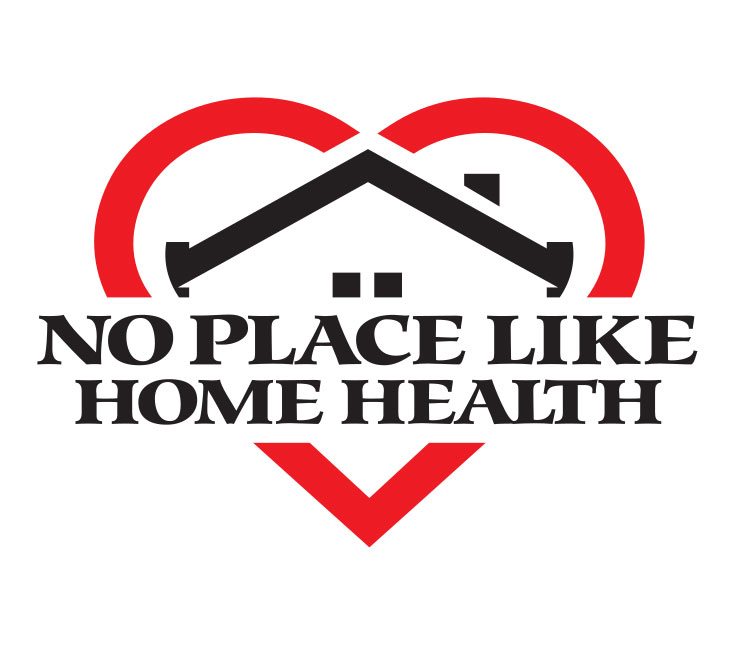Can Physical Therapy and Exercise Help Seniors with High Blood Pressure?
High blood pressure, or hypertension, increases the risk of cardiovascular complications in seniors of all health levels. Fortunately, regular exercise offers a safe and effective approach to reducing blood pressure levels in seniors. For seniors who have been sedentary for a long time or who have prior injuries that have reduced their activity levels, physical therapy services might be the best way to improve their ability to exercise safely. That can have some big impacts on their likelihood of developing high blood pressure.
Understanding the Benefits of Exercise

Physical Therapy Southfield MI – Can Physical Therapy and Exercise Help Seniors with High Blood Pressure?
Regular exercise has numerous benefits for seniors, particularly in managing high blood pressure. Physical activity helps seniors to improve how the cardiovascular system functions by strengthening the heart and enhancing blood circulation. Exercise helps with other organs and muscle groups, too, like improving lung health and function over time. Moving more also promotes healthy weight management, reduces stress levels, and improves overall well-being. Engaging in regular physical activity reduces the risk of developing other chronic conditions often associated with hypertension, such as heart disease and diabetes. These illnesses can cause even bigger complications, so it’s important that seniors do whatever they can to avoid them when possible.
The Role of Physical Therapy
Physical therapy plays a vital role in guiding seniors toward safe and effective exercises to reduce blood pressure. Physical therapists are skilled professionals who can assess individual needs, tailor exercise programs, and ensure proper technique and safety. They work closely with seniors to create personalized exercise plans that consider any existing health conditions or physical limitations. Physical therapy sessions may involve a combination of aerobic exercises, strength training, flexibility exercises, and balance training, depending on the individual’s abilities and goals.
Recommended Exercises for Seniors
Physical therapists recommend a range of exercises suitable for seniors to help lower blood pressure levels. Low-impact aerobic exercises, such as brisk walking, cycling, swimming, or water aerobics, are excellent choices as they provide cardiovascular benefits without excessive stress on the joints. Strength training exercises, focusing on major muscle groups, help improve overall muscle tone and also promote cardiovascular health. Flexibility exercises, including stretching and yoga, enhance joint mobility and relaxation. Additionally, balance training exercises can reduce the risk of falls, especially for seniors with hypertension who may be at a higher risk of dizziness or lightheadedness.
Ensuring Safety and Progress
Safety is paramount when engaging in exercise, especially for seniors with high blood pressure. It is crucial to consult with a physical therapist or healthcare professional before starting an exercise program. Physical therapists assess the individual’s health status, provide guidelines for exercise, and monitor progress. They also emphasize the importance of proper warm-up and cool-down routines, maintaining hydration, and listening to the body’s signals during exercise. Seniors should start gradually, increasing the intensity and duration of exercise over time as their fitness levels improve.
Exercise, including physical therapy guided routines, is a natural and effective strategy for managing high blood pressure in seniors. By engaging in safe and appropriate exercises seniors can improve their cardiovascular health and enjoy a better quality of life. With the help of physical therapy, seniors can achieve all of these goals much more safely than they might be able to do on their own.
If you or an aging loved one is considering Physical Therapy Services in Southfield MI please contact the caring staff at No Place Like Home Health, LLC today. 734-259-4200
Connecting Families with Compassionate & Quality Home Health Care In Wayne, Oakland, Livingston & Washtenaw
- Helping Seniors Maintain Important Relationships - April 21, 2025
- Common Medication Mistakes Seniors Make And How To Avoid Them - April 7, 2025
- How Does Physical Therapy Help Seniors with Arthritis? - March 21, 2025
